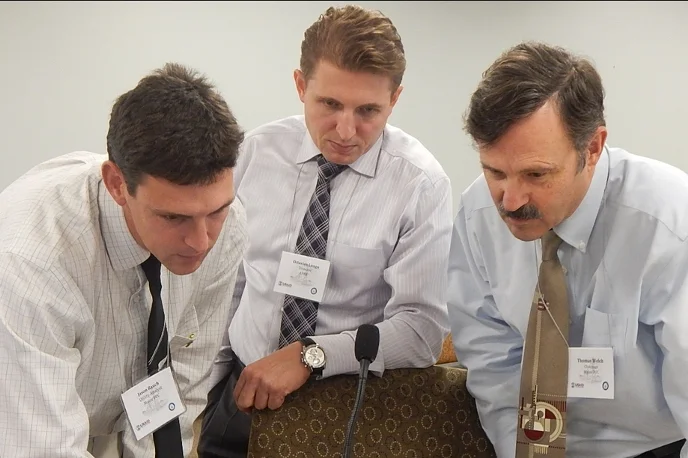Assessment of the sustainability of the opioid agonist therapy program

This assessment was initiated by the Eurasian Harm Reduction Association (EHRA) to evaluate the progress toward sustaining the opioid agonist therapy (OAT) program in the Republic of Moldova, particularly in the context of transitioning from donor support to domestic funding. The sustainability assessment of the OAT program in Moldova was conducted with funding provided through the technical support mechanism (TSM) of the Joint United Nations Programme on HIV/AIDS (UNAIDS).
The assessment, conducted in Moldova, covers the current situation, progress made, risks, and opportunities to ensure the sustainability of OAT programs in the country. It focuses on programmatic aspects within three key areas: politics and management, finance and resources, and services. The assessment includes a review section, an analysis of progress, obstacles, and opportunities in each area, as well as general conclusions and recommendations. These recommendations are directed at government ministries and departments, national coordinating bodies, practitioners, civil society, technical partners, and donors. Additionally, the evaluation provides relevant recommendations for adapting OAT programs in the context of the COVID-19 pandemic.
The accompanying table summarizes the progress made toward ensuring the sustainability of the OAT program in Moldova, based on the three issue areas reviewed during this assessment.
The assessment tools and related guide were developed by the Eurasian Harm Reduction Association, drawing on previous framework concepts and experience in assessing sustainability and preparedness for transition in the areas of HIV, tuberculosis, malaria, and harm reduction. This work was supported by the UNFPA Regional Office for Eastern Europe and Central Asia and was updated after piloting in 2020.
 Albania
Albania Algeria
Algeria Andorra
Andorra Argentina
Argentina Armenia
Armenia Australia
Australia Austria
Austria Azerbaijan
Azerbaijan Bahrain
Bahrain Belgium
Belgium Bolivia
Bolivia Brazil
Brazil Bulgaria
Bulgaria Cambodia
Cambodia Cameroon
Cameroon Canada
Canada Chad
Chad Chile
Chile China
China Colombia
Colombia Costa Rica
Costa Rica Croatia
Croatia Cyprus
Cyprus Czechia
Czechia Denmark
Denmark Ecuador
Ecuador Egypt
Egypt Finland
Finland France
France Georgia
Georgia Germany
Germany Ghana
Ghana Greece
Greece Hungary
Hungary Iceland
Iceland India
India Indonesia
Indonesia Ireland
Ireland Italy
Italy Jamaica
Jamaica Japan
Japan Jordan
Jordan Kazakhstan
Kazakhstan Kenya
Kenya Kuwait
Kuwait Latvia
Latvia Lebanon
Lebanon Libya
Libya Lithuania
Lithuania Luxembourg
Luxembourg Malaysia
Malaysia Maldives
Maldives Mali
Mali Malta
Malta Mexico
Mexico Moldova
Moldova Monaco
Monaco Morocco
Morocco Netherlands
Netherlands New Zealand
New Zealand Nigeria
Nigeria North Macedonia
North Macedonia Norway
Norway Oman
Oman




